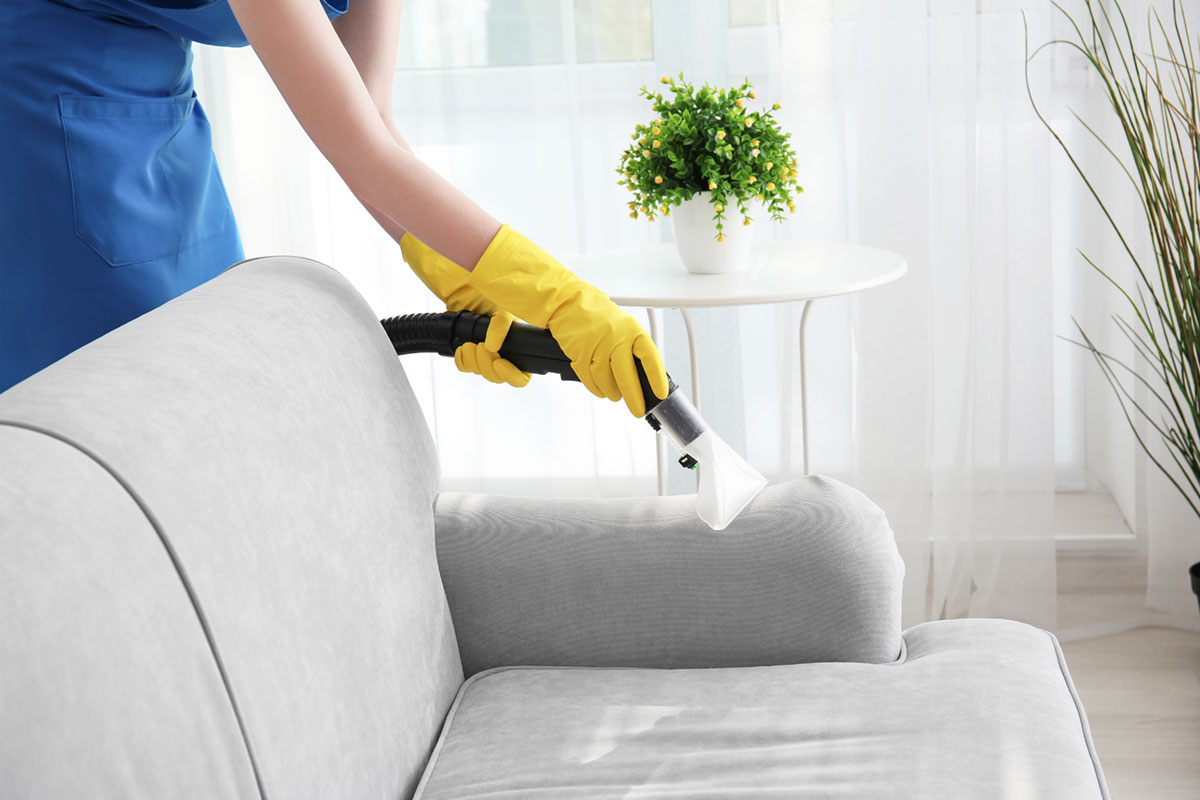Property contractors install catch basins, known as storm drains, on landscapes to help redirect melted snow and stormwater to a reservoir, sewage facility, or sump. As part of your home’s sewer system, a storm drain’s job is to trap the dirt and debris carried in the flood water that runs into the surface water drain.
Ruble build-up in a catch basin system can cause ponding and overflow of rainwater on your property. Professional catch basin cleaning Toronto contractors can help prevent flooding on your property by repairing and removing blockages from your storm drain.
Catch Basin Cleaning: 5 Top Ideas
Below are five easy catch basin maintenance hints you can consider to help keep excess water away from your home.
1. Clean the Grates
Regions that experience regular storms and torrents are prone to flooding issues. Sometimes the water flowing through the catch basin contains broken twigs, leaves, mud, and scrap. The dirt can pile up and prevent the water from flowing into the grating of the storm basin.
You can stop the buildup issue by ensuring you clean the grate regularly during the rainy season.
Unblocking and repairing a severely blocked storm drain can be costly. Depending on the damage, your catch basin cleaning expert may recommend a total drain replacement by a professional plumber. By removing dirt from the grate, you can save on maintenance and experience a smooth flow of melted snow and excess water through your drainage system to the reservoir.
2. Avoid Depositing Waste in the Catch Basin
While storm drains can suck in gallons of water, you do well to understand that this drainage system is not a garbage disposal channel. Because catch basins empty directly into water bodies, many local authorities allow property owners to use storm drains to collect only rainwater and melted snow. Therefore, avoid releasing yard clippings, fertilizers, or car wash water into the catch basin sewer system. Oil and grime in the wastewater can clog the sump. The buildup may contain toxins that are harmful to the environment and natural reservoirs.
3. Cover the Storm Sewer
Leaving your catch basin uncovered can cause a hazard to your family and guests. After performing maintenance, always put a lid on your storm drain to prevent leaves and other debris from entering your drainage system. A perfectly covered and clean catch basin keeps your drainage network working correctly for many years.

4. Clean and Maintain Your Outlet Traps
The outlet trap helps filter pollutants and sediments that pass through the stormwater drain grates. The traps prevent sludge from flowing through the catch basin. These parts of your stormwater drain rust and disintegrate due to age, or exposure to pollutants.
Professional catch basin cleaning experts can help replace broken parts to enable a smooth flow of rainwater through your drain to the sewer.
5. Schedule Regular Maintenance: Catch Basin Toronto
Experienced plumbers from a top catch basin cleaning Toronto company offer affordable and professional surface water drain repair and maintenance services. You can hire a specialized plumber for your specific plumbing job, including sump repair, grate unblocking, and inflow and outflow pipe repair/installation.
Two Signs Your Catch Basins Needs Cleaning
It is time to call your catch basin expert if you notice these common telltale signs:
- Strong foul odors: Typically, storm drains do not smell nice. However, if your nose catches the smell from a distance, contact a catch basin cleaning expert to inspect your facility.
- Blocked or frozen surface water drains: In winter, ice, snow, and debris can get trapped on the grate and develop build-up.
Conclusion
Catch basins link to a plumbing network that carries stormwater and bits of dirt to a sump, reservoir, or sewage facility. A faulty stormwater drain can contribute to pooling and flood-related issues on your property. You can prevent water damage on your property by ensuring your surface water drain is serviceable.


